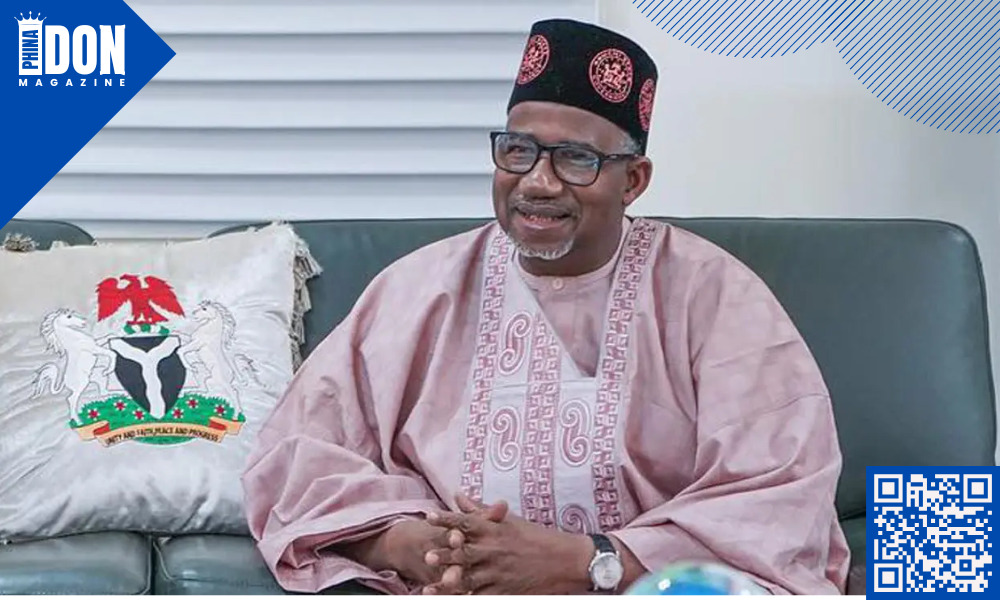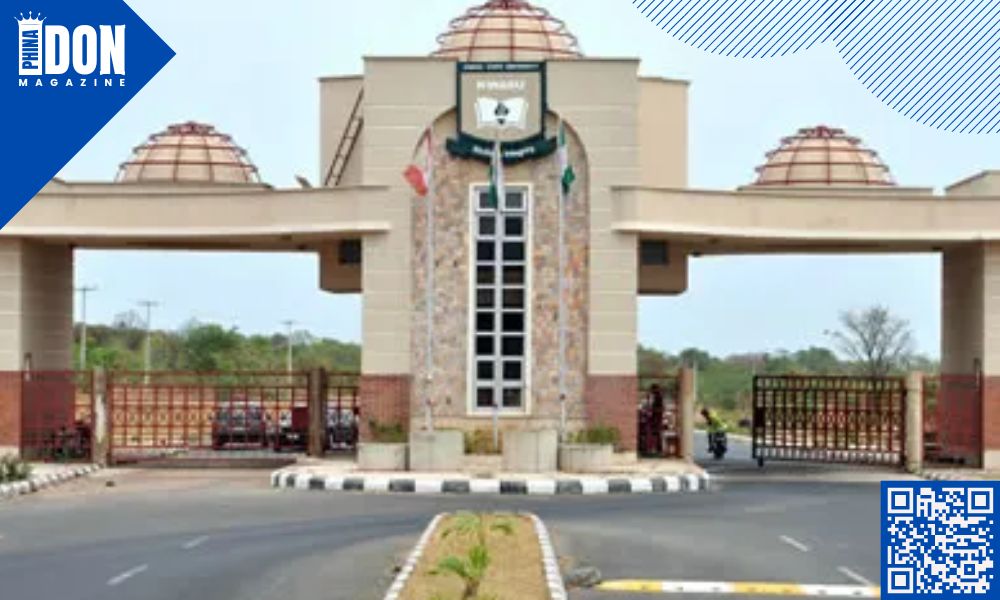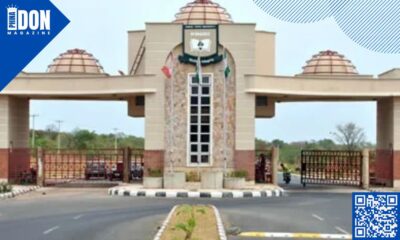News
Governor Mohammed has set an 8-week deadline to resolve the crisis at Bauchi University.

In a decisive move aimed at resolving ongoing disruptions at Sa’adu Zungur University (SAZU), Bauchi State Governor, Bala Mohammed, has directed the recently inaugurated Visitation Panel to propose solutions within an eight-week timeframe. This action comes in response to the enduring unrest involving the Academic Staff Union of Universities (ASUU), triggered by several unresolved issues.
The panel is tasked with a comprehensive mandate: addressing the root causes of the ongoing strike, conducting a review of the university’s financial operations, and formulating strategies for effective management that promotes harmony within the institution. During the inauguration, Governor Mohammed emphasized the pivotal role of education in fostering meaningful development and reaffirmed his administration’s commitment to enhancing the educational sector.
Despite previous interventions, the governor urged the committee to devise lasting solutions to the disputes between ASUU, the Non-Academic Staff Union (NASU), and university management. The chairperson of the panel, Prof. Gambo Laraba, expressed gratitude to the governor for the opportunity and pledged to deliver a thorough report that would guide necessary reforms.
It is noteworthy that ASUU at SAZU had suspended an indefinite strike, which primarily stemmed from grievances over the non-implementation of pension schemes, unpaid allowances, and concerns regarding the appointment of a polytechnic graduate as bursar, contrary to the university’s founding statutes. This suspension followed the governor’s personal engagement with the union in December 2024, underscoring his active role in mediating the ongoing crisis.
As the panel embarks on its important work, the hope is that its findings will pave the way for a more stable and productive academic environment at Sa’adu Zungur University.
News
Kwara State Police Apprehend Suspected Armed Robbers Targeting KWASU Students.

The Kwara State Police Command has successfully apprehended a group of individuals suspected of armed robbery, who have been targeting students residing in and around Malete, the location of the state university. Commissioner of Police Adekimi Ojo announced the arrests at a press conference on Friday, underscoring the Command’s commitment to reducing crime within the state.
The initial arrest of Adamu Nuhu occurred during a joint security patrol in Malete. Nuhu was found in possession of numerous digital devices and related items believed to have been forcibly taken from students. Subsequent investigations led to the arrest of two additional suspects, Dauda Amuda and Dare Alabi, who are believed to have collaborated with the primary suspect or served as receivers of stolen goods.
Nuhu confessed to participating in multiple coordinated robberies targeting three student residences, during which he and two accomplices allegedly used cutlasses to rob approximately fifteen students of their mobile phones and other valuables. The arrested individuals have been formally charged and remanded in custody. Law enforcement is actively pursuing the two remaining suspects who are currently at large. Commissioner Ojo issued a stern warning to criminals, asserting the Police Command’s unwavering dedication to eradicating criminal elements from Kwara State through strategic and intelligence-driven operations.
News
Tragedy Strikes as 12-Year-Old Killed in Edo Kidnapping Rescue Operation.

Edo State Police Command has confirmed the death of a 12-year-old girl during a gunfight between security forces and fleeing kidnappers. The incident occurred along the Fugar-Agenebode road in Etsako East Local Government Area.
According to Command Public Relations Officer, CSP Moses Yamu, the event unfolded on Friday evening when armed men ambushed commuters, blocking the highway. Two individuals were killed at the scene, and several others were abducted.
A joint rescue operation by police, local vigilantes, and hunters led to a gun duel at Obe Hill. While 14 kidnapped passengers were rescued, a 12-year-old girl was fatally shot by the kidnappers. One female victim remains missing, and search efforts are underway.
Commissioner of Police Monday Agbonika commended the bravery of the security operatives and reassured the public of the command’s commitment to restoring peace and bringing the perpetrators to justice. The command has extended condolences to the family of the deceased.
Foreign
UK Deploys Military Assets to Middle East Amidst Escalating Iran-Israel Conflict.

In response to the escalating conflict between Iran and Israel, the United Kingdom is deploying fighter jets and other military assets to the Middle East. Prime Minister Keir Starmer announced the deployment, stating it is for “contingency support.”
The Prime Minister has engaged in discussions with both US President Donald Trump and Israeli Prime Minister Benjamin Netanyahu, emphasizing the need for de-escalation. Foreign Secretary David Lammy has also communicated with Iranian officials, urging restraint and emphasizing the importance of protecting civilians.
The UK’s actions reflect a commitment to regional stability and a concerted effort to prevent further escalation of the conflict. Ongoing discussions with allies aim to de-escalate the situation and promote a peaceful resolution.










